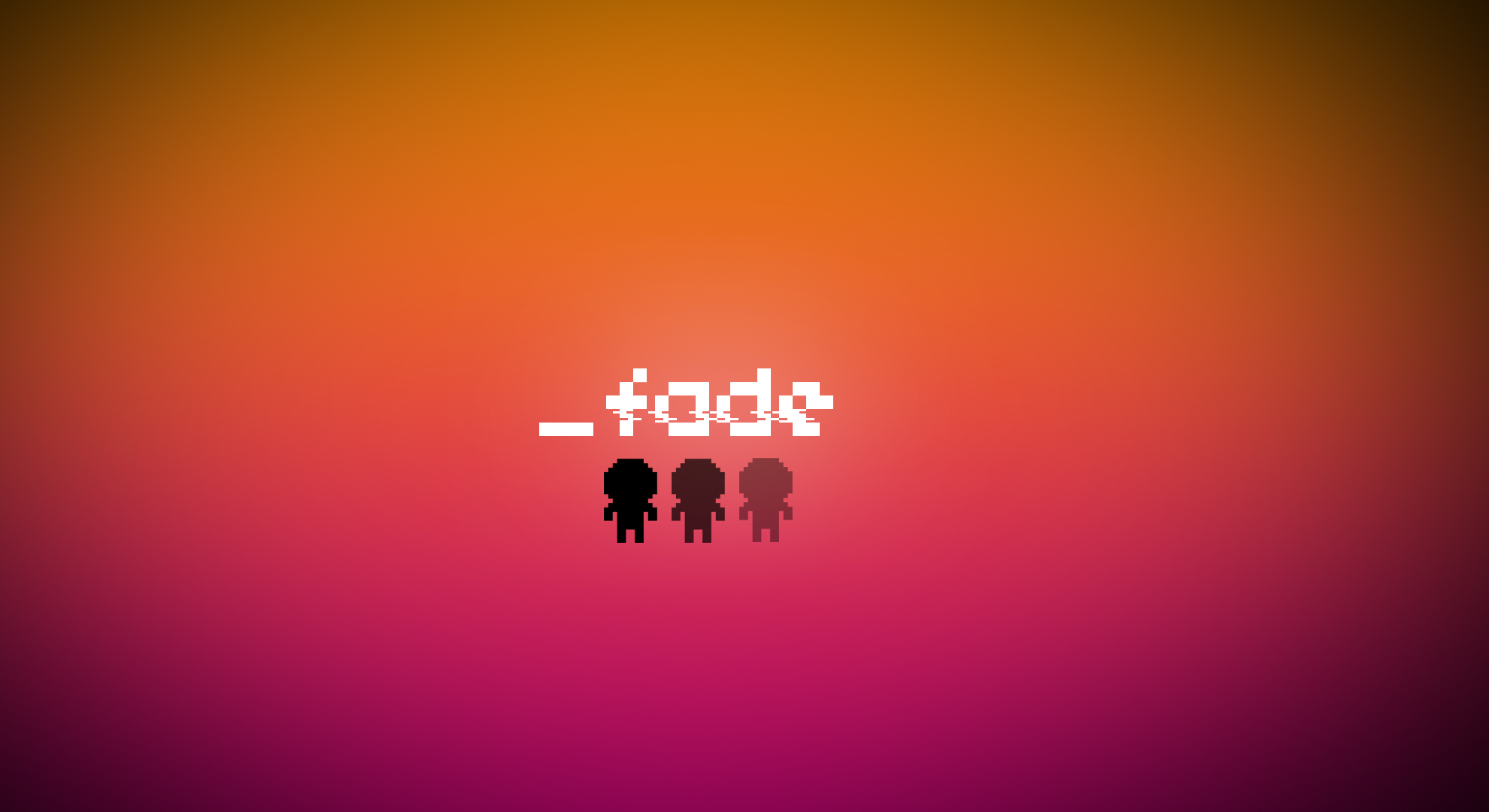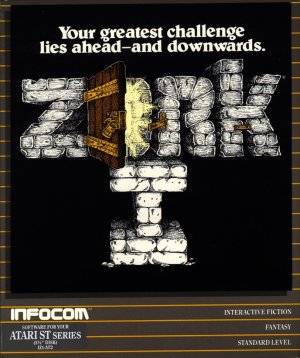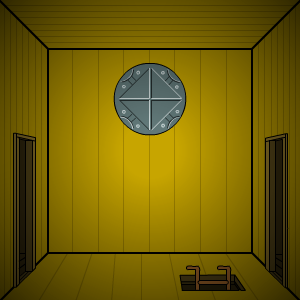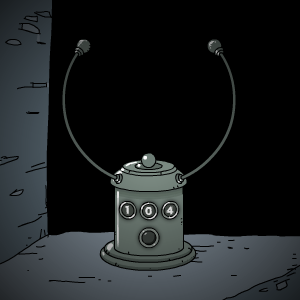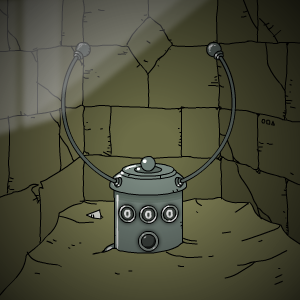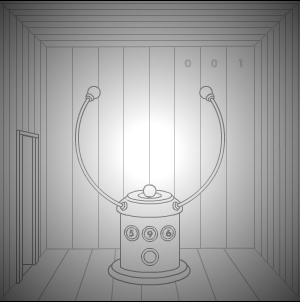Hello there, good people!
I'm back with another article about exploration games, yay. I strongly recommend you to read the previous entry that generally introduces you to this peculiar breed of adventure games. Without further ado, let's jump straight into the heart of the hurricane with not just a brief recap of multiple titles, but a detailed spoiler-free analysis of a single title instead.
In fact, starting from this article, I will attempt to explore (no pun intended) the many facets of a video game sharing similar traits with other adventure games in a way that it hopefully encourages critical analysis and why not, stimulates one's curiosity. These articles are not to be considered reviews but rather reflections on various positive aspects of the title that in my humble opinion I deem interesting enough for a discussion.
Today's main star is a game that was released in 2013, featuring a neat minimal aesthetic and a mysterious atmosphere. Enter the lost world of Kairo.
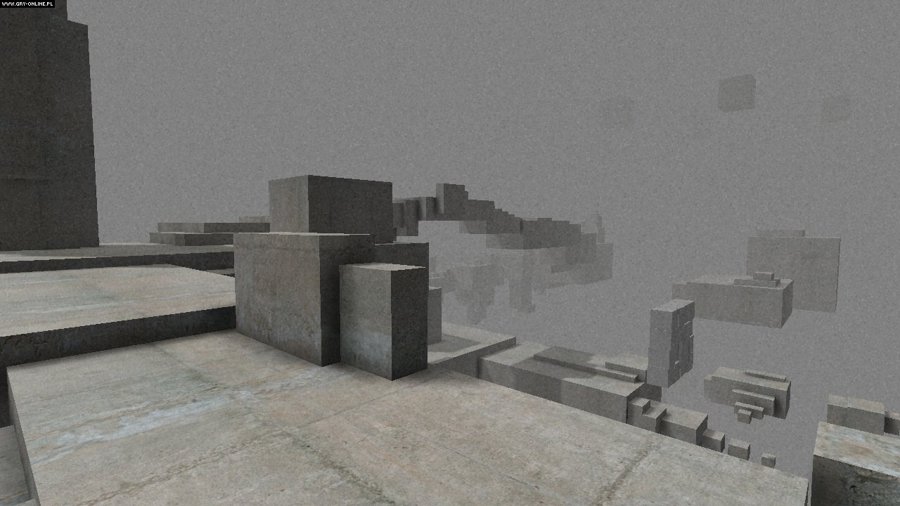
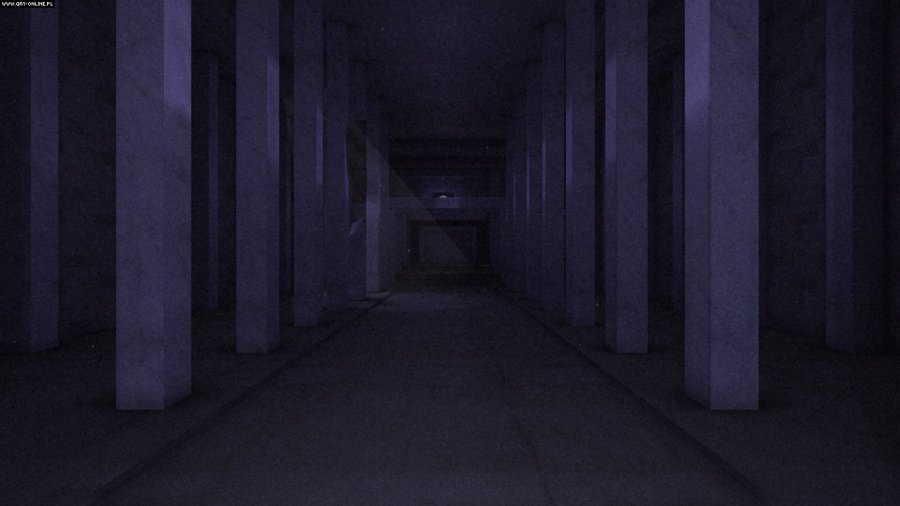
A game like Kairo fits those parameters I discussed in the previous article.
No dialogue? Check.
No explicit plot or narrative? Check.
Storytelling only through the means of graphics and sound? Check.
You are what could be best described as an entity of sorts. The game is witnessed in first person perspective. You can only walk and jump. In terms of first person controls, the game's minimalism also seems to restrain the number of commands to just two fundamental ones. For an experience like the one offered by Kairo, you don't really need more than two commands. Even running feels like something unnecessary that might ruin the solitary, dreamy pace of the experience.
It's as if the game itself does not want to distract the player from experiencing this game at its fullest. The description on Steam outlines the world of Kairo as "lost", implying something beyond our control already happened. A cataclysm perhaps. An event of unimaginable proportions that changed the world before we could even open our eyes in such profound ways that it now appears devoid of life and desolate. An already disarming and discouraging reality we are suddenly put in charge at the best of our abilities.
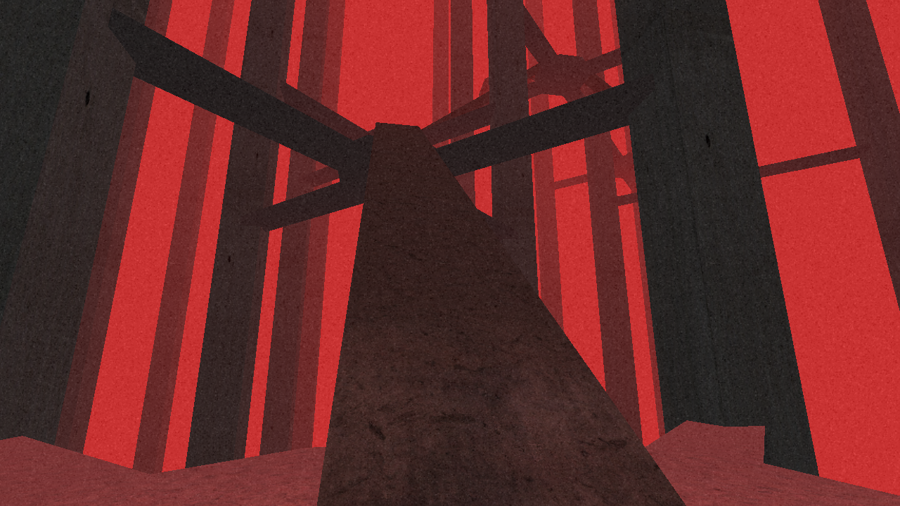
(oh this looks perfect for a picnic)
This is in many ways the only premise we have of the world we are privileged to explore in Kairo. This is the main mystery still shrouded in a veil we are not yet aware of.
To outsiders, the game might just seem as a bunch of colored cubes and pillars. And surprise surprise, it turns out it is. It's an undeniable truth. However, it soon becomes apparent that these megalithic structures represent some sort of ruins from an unknown epoch, that these ruins maybe, just maybe represent something greater than what they appear to us. Something beyond our grasp. Something that was made for a specific purpose.
Despite the sheer scale of such structures, the game remains somewhat linear and formulaic, outlining its dual nature as a puzzle game.
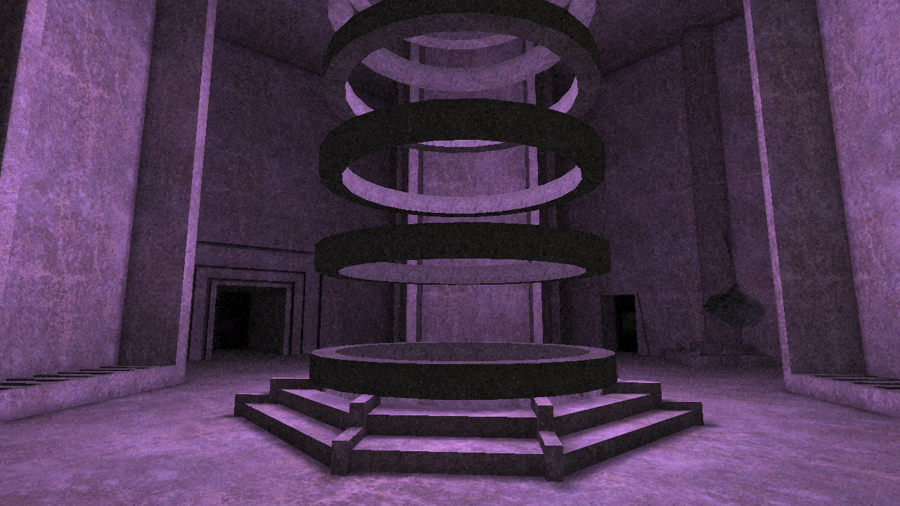
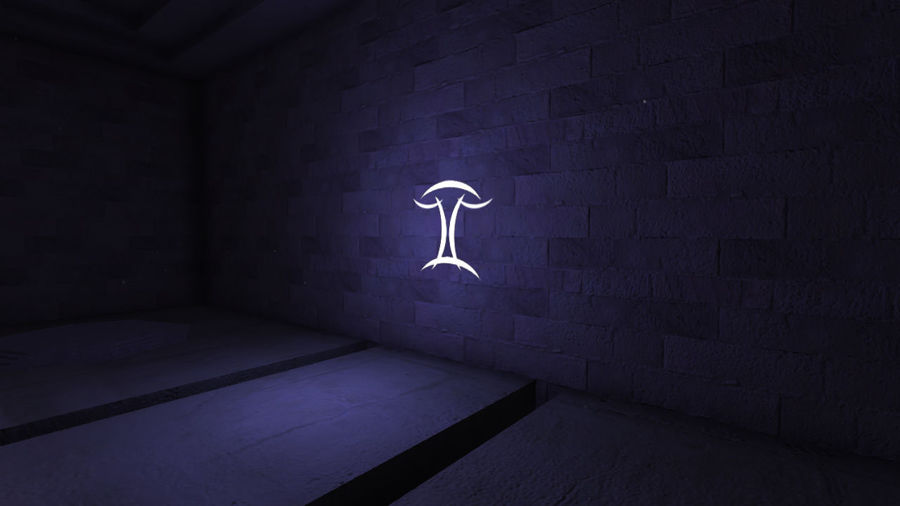
We often encounter strange glyphs during our journey to "fulfill a great destiny", as once again the Steam description recites. Symbols that we have no idea what they actually mean, if they mean anything to begin with. If we only consider the functional aspect of such communication devices, it's clear that it serves the purpose of simple pattern recognition. These symbols appear to guide you through some of the game puzzles, and they require observational skills in order to detect the slightest difference between each glyph iteration.
The problem of intrinsic meaning from a linguistic point of view is not really something that the game itself seems to be concerned about. It could be a hidden language, or a language within a language. It could as well not be the case. In a sense, it is something the player needs to answer for him/herself. The player may as well ignore the fact that such symbols exist within unexplained circumstances and simply focus on their presence during the puzzles. They are ubiquitous, yet their apparent lack of purpose and meaning feels alienating, contributing to the feeling of apparent solitude in a world that looks so clear-cut and clinical.
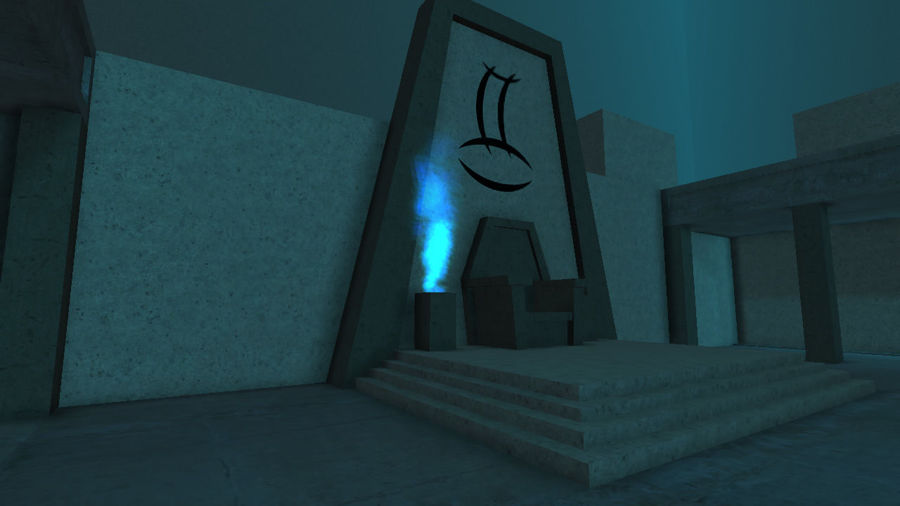
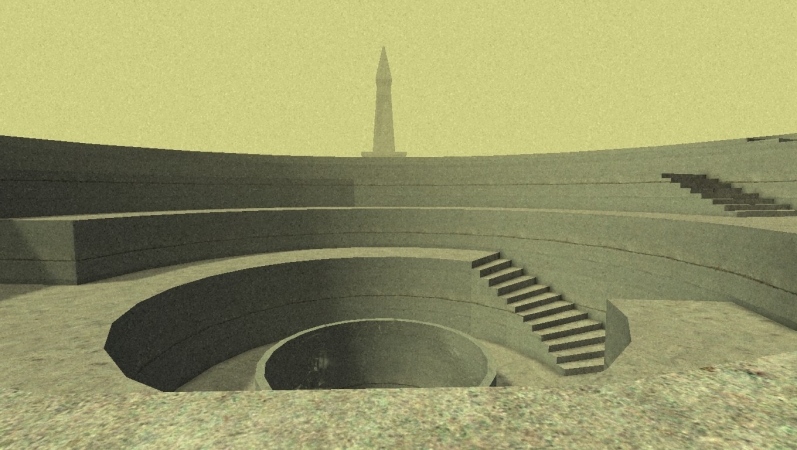
We may in fact never really know the actual purpose of such symbols, nor why is the game world so obsessed with giving you puzzles in order to advance to the next stage - read as "giant megalithic ruin".
This kind of linearity makes you wonder if it was intended to be so limiting, which would almost sound as a contradiction compared to how open ended the actual narrative and setting are presented to the eyes of us explorers of the unknown. We are in fact free to explore the various scenarios within preset paths and boundaries, beyond which lies geometrical repetition and the monumental testimony of a civilization that never was.
This reasoning puts the world Kairo in a strange position when it comes to determining the role of exploration in the mysterious circumstances we are thrown in. From one side of the coin we are basically free of moving back and forth, left and right, in the three dimensions, and we know we have an apparent bigger mystery to solve. From the other side, however, we can only move within certain boundaries and the game itself is structured in a way that allows for little open-endedness, as the puzzle solving becomes mandatory in order to access the next areas.
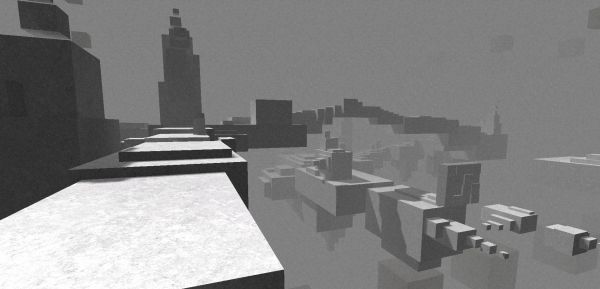
(please, mind the gap)
So ultimately, why is this game featured here?
I think that the game atmosphere is what ultimately draws the audience to determine what the experience is really for, regardless of the outcome and regardless of the many questionable elements I actually addressed in a Steam review of a while back.
The game actually succeeds in setting a nice premise for embarking on a journey filled with mystery and unanswered questions. This is what ultimately draws you to try out the game for yourself, especially if you're into such kind of experiences. An atmosphere helped by the lingering presence of a distant sonic texture in the background, unobtrusive sounds that never seem to clash with one another. They're essential and the sole audible commentary available in this game.
This is why Kairo still grabs attention. It's as if the game developers once said around the round table something like "Hey, let's make a puzzle game with a bunch of cubes and a few sounds, then we put some symbols here and there, some weird shenanigans and ruins... Are you guys digging it?" And lo and behold, yes they did. It's still not something you can experience by watching someone else's playthrough. It has to be experienced in first person. Maybe you'll be the one who will manage to uncover the mystery behind the world of Kairo. Or perhaps you will just chill while walking in laser-cut limestone ruins and have a drink while things happen as you walk by.
Both things work. How about you have a try?
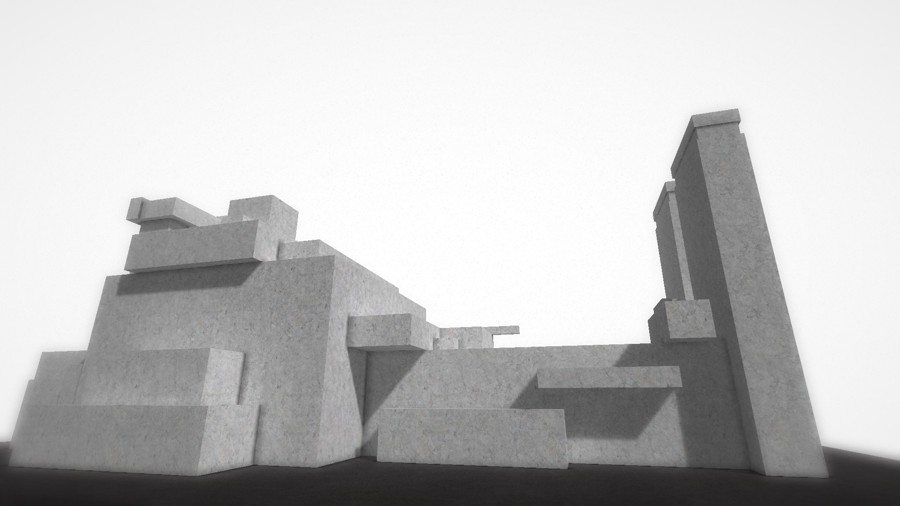
[Part 1 | Part 2 | Part 3]
